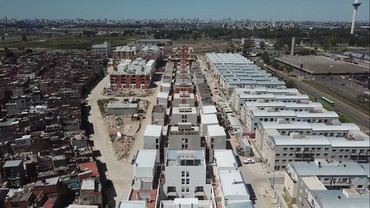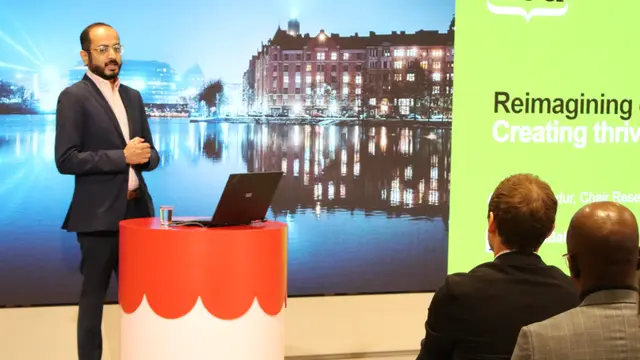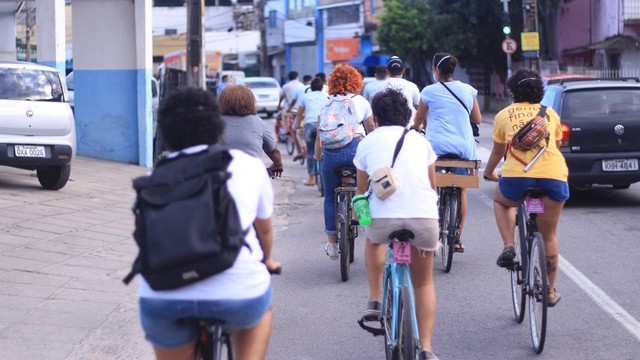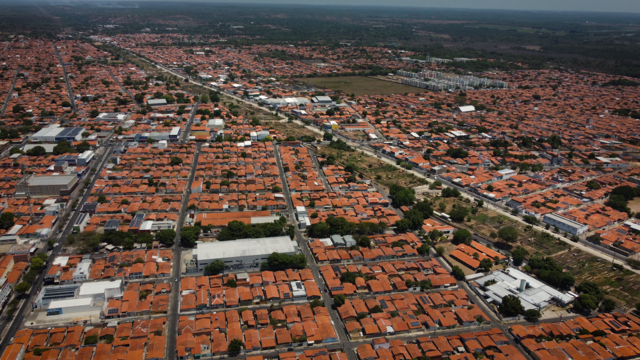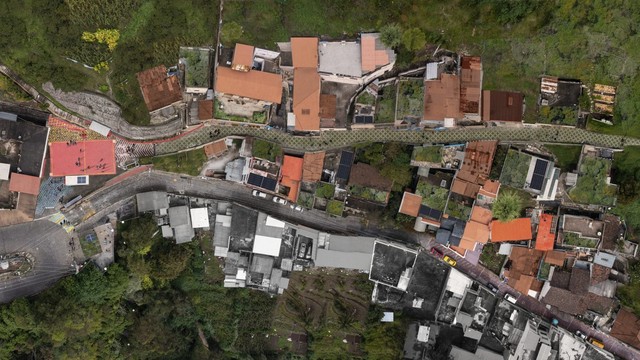Climate action for equitable cities: working with informal communities to develop low carbon, resilient futures
IIED is working with partners to collect and synthesise data on the impacts of climate change across cities and to promote city-level climate actions that advance resilience and low carbon development for all.

The CityAdapt project in Xalapa, Mexico, is building climate resilienc through ecosystem-based urban planning (Photo: UNEP & Climate Adaptation, via Flickr, CC BY-NC 2.0 Deed)
The global climate emergency disproportionately affects the one billion people living in low-income and informal urban settlements. Although these communities have low carbon emissions and have contributed least to climate change, they are increasingly vulnerable to flooding, sea level rises, overheating and drought conditions.
As urban populations continue to grow, there is an urgent need to transform policy and practice to enable the development of low carbon and resilient housing and basic services.
The scale of challenge requires international agencies, researchers, governments, communities, businesses and donors to work together to foster innovation and forge new partnerships that respond to poverty, inequality and climate change.
IIED is working with partners to develop a hub for urban climate justice that provides a centralised place to find research and information into these issues. This is planned to be launched in May 2024.
Why do we need an urban climate justice hub?
Action for low-income urban areas must ensure that mitigation investments work towards climate justice. Making this happen will depend on more integrated data on climate vulnerability, carbon consumption and poverty.
The hub will meet this need by sharing information and providing a place for discussion and debate, so that sustainable development advocates can learn from others who are working to tackle similar challenges.
Hub features
The hub will provide a categorised and searchable database of internal and external resources. It will bring together resources from IIED and our partners, including case studies, datasets, publications, videos, blogs and webinar recordings. Users will be able to add comments, subscribe to updates and submit their own contributions.
The aim is to regularly add to the collection, building up a publicly accessible repository of relevant information.
Who is the hub for?
The hub is intended for sustainable development champions across the world. This includes:
- Local communities, consultants and civil society organisations advocating for urban development who are now integrating a focus on climate action
- Local and national governments and transnational networks working on sustainable development policy
- The media
- Funders, donors and the finance community
- Sustainable development delivery bodies, such as local and national governments
- Sustainable development researchers and academics, and
- Businesses and social enterprises with sustainable development goals.
